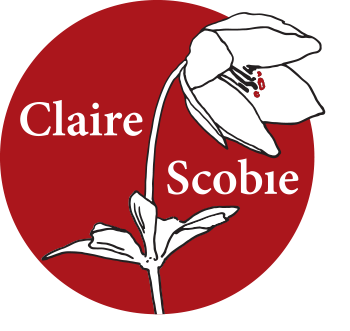28 Dec Figuring out effective writing strategies
 Writing is often about fixing: fixing big things like structure and small points like punctuation. Once you know how to fix something—and this comes through trial and error—then you know why some pieces work and some don’t.
Writing is often about fixing: fixing big things like structure and small points like punctuation. Once you know how to fix something—and this comes through trial and error—then you know why some pieces work and some don’t.
It also helps to know what sort of writer you are. At a recent workshop one woman described how she likes to write the bare bones of a story and then flesh it out. As a result her writing is pared back and minimalist. In some places, just enough was said. In others, she skated over the surface and more depth was needed.
This writer is likely to spend longer doing the actual writing, and less time editing.
Another participant was the type of writer who piles in the detail. Her forte was description and colour and sensory stimulation. In some places it worked, in other parts it was over-written. As I count myself in that camp, I know that as much time is spent editing and re-writing, than actual writing.
For me, it’s important to get the words down on the page. This is the raw clay that I will fashion into my glazed pot.
In the workshop we then discussed whether those who like to pile in the words are hoarders. I’m not enough of a psychologist to know the answer, but for sure, writing does reflect deeper aspects of ourselves. And while I’d say I’m more of a hoarder than a minimalist, there are times in writing when I love to chuck things out…
There’s actually nothing more satisfying than getting a red pen and taking a piece of writing and cutting it, fashioning it, sculpting it into the shape you want the narrative to be. Louise Dougherty (A Novel in A Year) <http://louisedoughty.com/index2.php?page=novel> has a saying that goes something like this.
Never read your own work without striking extra words out.
When I get to the stage of cutting a story, I know I’m on the homeward stretch. That’s when I really polish the piece of prose and clarify exactly what I want to say.
I should add here that whichever camp you’re in, the more you write in a particular way, the quicker you become. When I was first working as a feature journalist, a 3,000-word profile could take several weeks. Now, if I have to, I can do it in three days.
But as for fiction, I’m learning the hard way. I’ve been piling it all in and am now ready to have a ruthless edit. Wish me luck!
